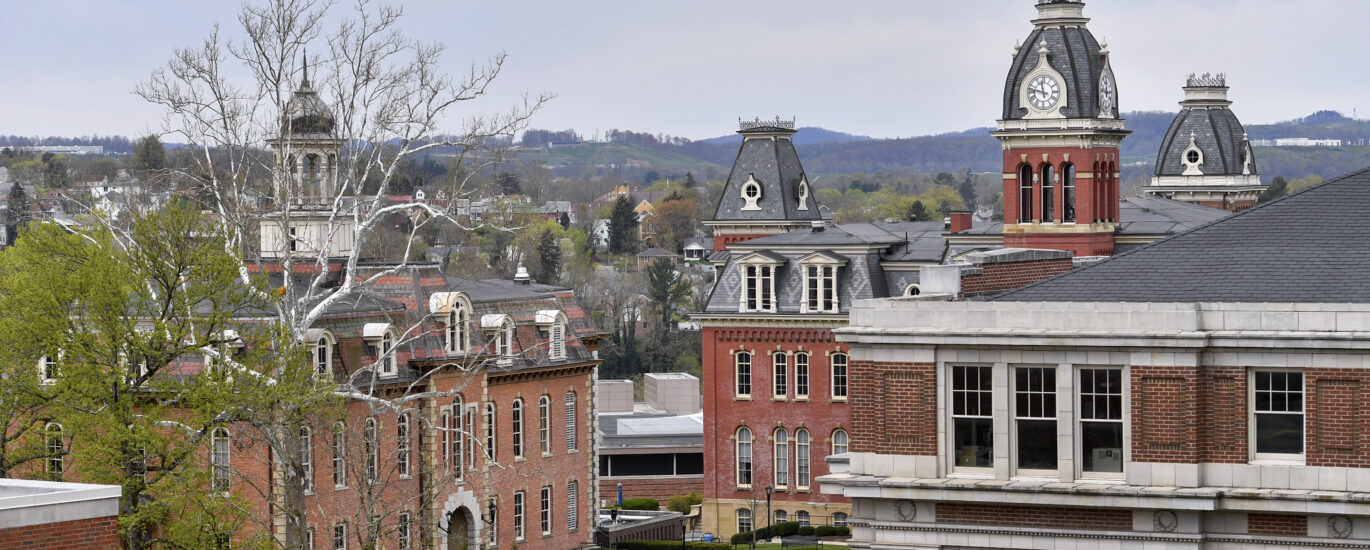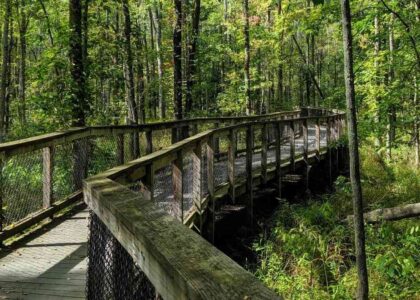Welcome to West Virginia University, a beacon of learning nestled in the Appalachian Mountains in Morgantown, WV. Founded on February 3, 1867, this institution has grown from its humble beginnings as an ‘Agricultural College’ to a prestigious university renowned for its contributions to healthcare, law, and arts. But let’s begin at the start of its journey.
In 1868, the college opened its doors, and just a year later, it was renamed West Virginia University. Among its early educators was Dr. Hugh Workman Brock, who taught ‘Anatomy, Physiology, and Hygiene,’ marking the inception of medical education here. The university’s medical roots grew steadily, surviving through the 1890s where medical classes were held in Woodburn Hall, and dissections took place in the humorously named ‘Hick House.’ By 1912, the Medical Department evolved into a formal School of Medicine, albeit just a two-year program until 1960.
The journey to a four-year medical program was a testament to perseverance, culminating in 1960 when the school expanded, thanks in part to the innovative ‘pop tax’ on soft drinks, which funded the construction of the medical center. This era also saw the opening of a 522-bed hospital, a significant leap forward in healthcare for the state.
Notable figures have left their mark on WVU, none more so than Dr. William A. Neal. A WVU graduate and pediatric cardiologist, Dr. Neal founded the Neonatal Intensive Care Unit at the WVU Hospital and initiated the CARDIAC Project, a public health effort that screened over 200,000 children for heart disease risk factors and influenced national health guidelines.
The WVU Museum of the Health Sciences, dedicated in 2022, stands as a testament to the university’s commitment to preserving its rich medical heritage. Spearheaded by Dr. Neal, the museum showcases the evolution of healthcare in West Virginia, from Civil War surgical instruments to modern telemedicine technologies.
Beyond medicine, the university has made strides in law and the arts, with the WVU College of Law offering rigorous programs since its ABA accreditation in 1952. The Eberly College of Arts and Sciences nurtures critical thinking and effective communication, preparing students for diverse careers in a rapidly evolving world.
Today, West Virginia University continues to be a hub of innovation and education, its impact felt far beyond the Mountain State. From pioneering medical advancements to shaping the future leaders in law and the arts, WVU’s legacy is one of resilience, community, and progress. As you explore its scenic campus and vibrant history, remember that this university is more than an institution; it’s a dynamic tapestry of stories and achievements that continues to inspire.




